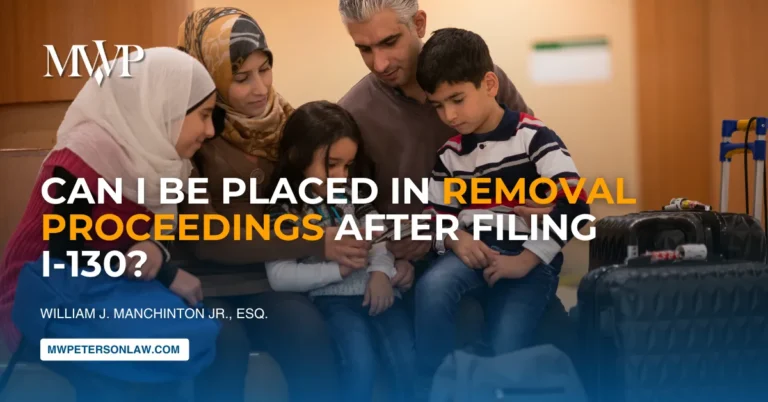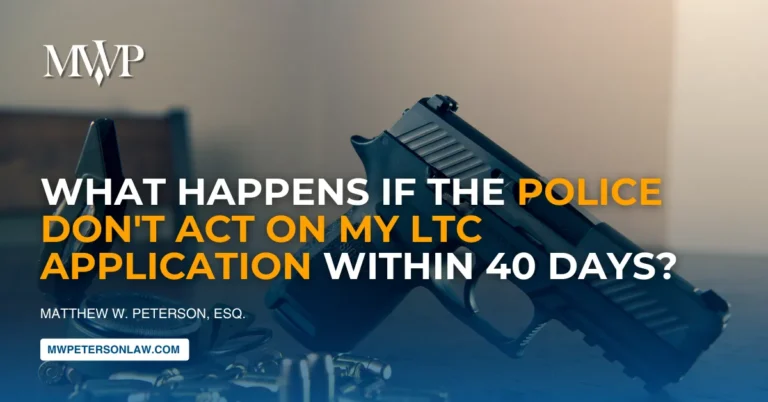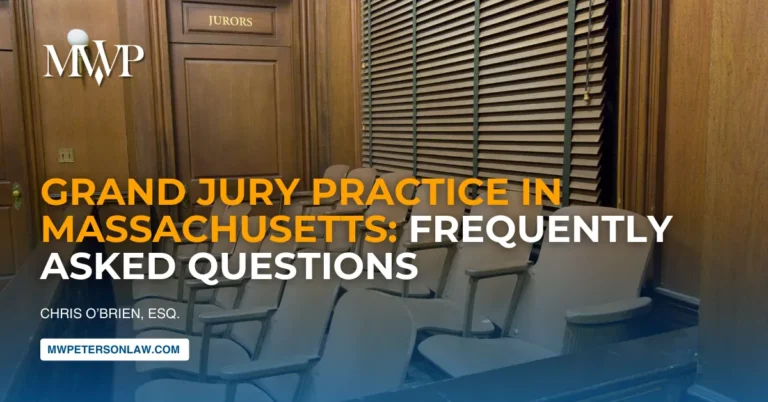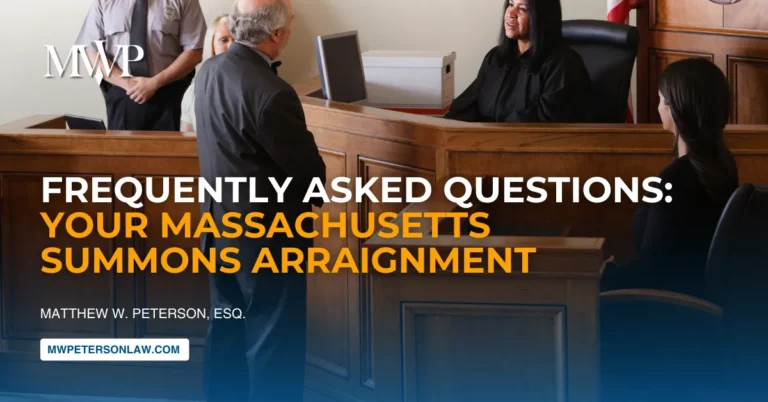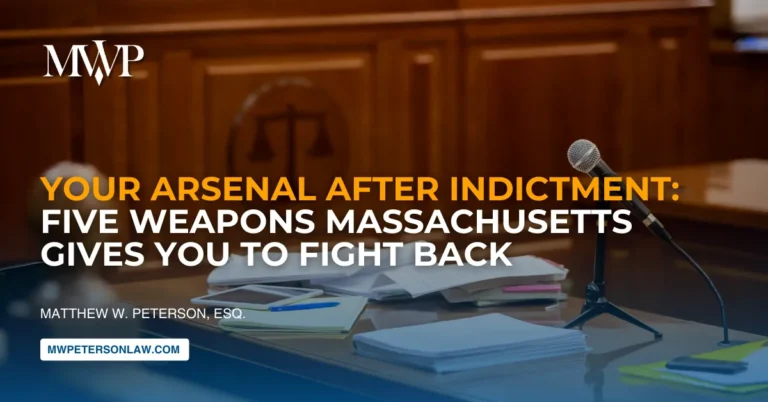Receive Summon For A Clerks Magistrate Hearings In Massachusetts?
When you receive a summons for a clerk magistrate hearings in Massachusetts, it can feel overwhelming and confusing. The document itself often states that you don’t need a lawyer, and if you call the clerk’s office, they’ll likely tell you the same thing. While it’s true that these are informal proceedings, this doesn’t mean they’re unimportant or that preparation isn’t crucial.
A clerk magistrate hearing is your first—and sometimes only—opportunity to prevent criminal charges from being formally filed against you. Think of it as a crossroads: one path leads to having the matter resolved quietly, while the other leads to criminal court proceedings that become part of your permanent record. Understanding what not to do can make all the difference in which path you take.
Mistake #1: Admitting to the Crime
The biggest mistake people make is treating the hearing like a confession booth. Many individuals walk into these proceedings thinking that being honest and admitting wrongdoing will earn them sympathy or leniency. This is a dangerous misconception.
Clerk magistrate hearings are recorded proceedings, which means every word you say is captured and can be used against you later. If you admit to the charges and the case proceeds to criminal court, the District Attorney’s job becomes remarkably simple—they just need to play the recording of your admission. You’ve essentially provided them with the evidence they need to secure a conviction.
Instead of admitting guilt, focus on presenting yourself as a responsible person who takes the matter seriously without incriminating yourself.
Mistake #2: Showing Up Unprepared
Walking into a clerk magistrate hearing without preparation is like taking a test without studying. You need to be ready to present yourself and your circumstances in the most favorable light possible.
Come prepared to discuss your background, your ties to the community, your employment, and any other positive aspects of your life that demonstrate you’re a responsible person. This isn’t about making excuses—it’s about showing the magistrate who you are as a complete person, not just someone defined by the allegations against you.
You should also obtain and thoroughly review the police report beforehand. This document outlines the specific accusations against you and helps you understand exactly what you’re facing. Knowledge is power, and understanding the details of your case allows you to address concerns more effectively.
Mistake #3: Not Showing Up at All
This mistake causes the most headaches because it’s completely avoidable yet devastatingly final. When you don’t appear for your clerk magistrate hearing, you’re essentially giving up your best chance to resolve the matter before formal charges are filed.
If you fail to show up, the case will almost automatically be issued, meaning criminal charges will be filed against you. Your opportunity to keep this matter off your criminal record disappears entirely. No matter what else is happening in your life, no matter how nervous or scared you feel, you must appear at your hearing. This is not the time to avoid the problem and hope it goes away.
Mistake #4: Not Obtaining the Police Report
The police report is your roadmap to understanding your case. As part of the application for complaint, the clerk’s office has a copy of this report, which details the charges and the circumstances that led to them.
Requesting and reviewing this document before your hearing is essential. It tells you exactly what the police officer documented, what witnesses may have said, and what evidence exists. Without this information, you’re navigating your hearing blindfolded, unable to address specific concerns or inconsistencies that might work in your favor.
Mistake #5: Not Understanding the Elements of the Charges
Every crime has specific legal requirements—called “elements“—that must be proven for a conviction. Sometimes, the charges against you simply don’t fit your situation because one or more of these elements can’t be established.
For example, if you’re charged with trespassing, the law requires proof that you entered someone else’s property and that you did so without permission. If you had permission to be there, that’s a crucial element the prosecution cannot prove. Understanding these requirements can be the difference between having charges issued or having your case dismissed.
While the standard at a clerk magistrate hearing is “probable cause“—a relatively low bar—knowing the elements helps you understand your case’s strengths and weaknesses.
You Don't Have to Face This Alone
Clerk magistrate hearings might be informal, but they’re incredibly important for your future. The decisions made in these proceedings can have lasting impacts on your life, your career, and your reputation.
If you’re feeling overwhelmed or uncertain about representing yourself, remember that you have options. The Law Office of Matthew W. Peterson represent people at clerk magistrate hearings throughout Massachusetts and understand how intimidating these proceedings can feel. Our goal is to help you navigate this process with confidence and achieve the best possible outcome for your situation.
Don’t let these common mistakes derail your chance of resolving this matter favorably. With proper preparation and understanding, you can approach your hearing ready to protect your interests and your future.


